Founder and president of Vardags, London
Who? Ayesha Vardag, founder and president of Vardags, London.
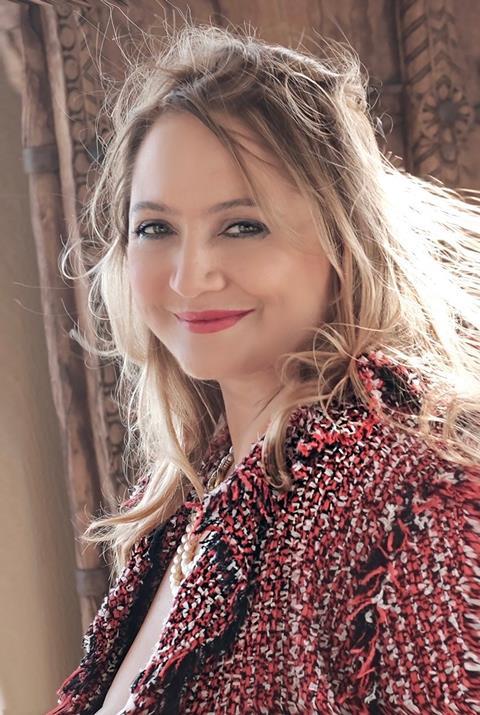
Why is she in the news? The High Court refused to set aside a final divorce order granted after solicitors from Vardags mistakenly applied online on behalf of the wrong couple.
Thoughts on the case: ‘This is a bad decision. The state should not be divorcing people on the basis of a clerical error. There has to be intention on the part of the person divorcing, because the principle of intention underpins the justice of our legal system. When a mistake is brought to a court’s attention, and everyone accepts that a mistake has been made, it obviously has to be undone, particularly when nobody has relied upon it to their detriment. We’ve heard from the court staff that this happens a fair bit with the new online system. It should just have been fixed in the usual way. But here, for whatever reason, the husband took issue and the judge decided, effectively, “the computer says no, you’re divorced”. It’s the kind of decision that I believe would be overturned in a higher court, but where all that’s happened in practical terms is that a wife who wanted a divorce has got one, why would that be worth doing in this case? That means that, for now, our law says that you can be divorced by an error made on an online system. God help us as we get more automation.’
Dealing with the media: ‘Fortunately, it was John Hyde of the Gazette who scooped the story and broke it in a responsible and insightful way. That has put this issue at a higher level of debate than the 'why doesn’t Ayesha like cardigans?' press obsession. There has been intelligent commentary from fellow family lawyers about the merits (or more particularly demerits) of the judge’s decision.
There has been a focus, picked up by John Hyde, on the mental health impact of this kind of jeopardy in legal work. And that has brought out so much compassion, so much goodness, across the profession. Lawyers have felt “there but for the grace of God go I”, empathising with the highly conscientious young lawyer who fell foul of the court’s new online system.’
Why become a lawyer? ‘I’m a fixer. If things aren’t right, if someone has a problem, I can’t just let it be. I have to get into it and make it right.’
Career high: ‘Winning Radmacher in the Supreme Court and making prenups work in England and Wales, which was important for me not just as a win for my client but a shift in the zeitgeist on women being real equals.
‘Even better was Y v A (A Health Care Trust) [2018]. We were able to change the law and find a way for a woman whose husband had suffered a fatal road traffic accident to try for his baby by IVF after his death. Making that much difference to a family – to enable the creation of a life in the midst of tragedy – is a huge privilege.’
Career low: ‘All the horrible mad stuff when the world’s press got so excited about my emailing staff with a formal dress code. That played out over weeks locked down because of Covid in hospital while I was trying to keep my extremely premature baby alive. In fact, the story was broken literally while I was in theatre for three hours of very high risk surgery to give birth to him. The press – quite a few of whom had significantly misquoted me – kept saying I was hiding from them because I wasn’t commenting. It was awful, actually.
‘We’re all a lot more fragile than other people realise, and you never know what’s really going on in someone’s life under the public surface.’

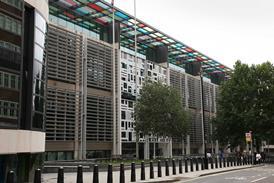
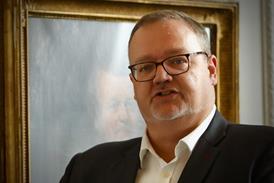
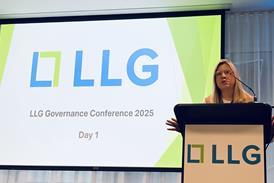

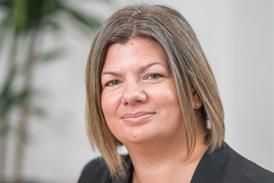
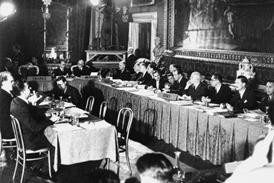
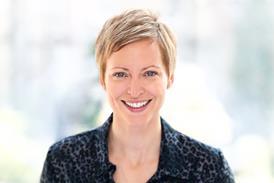

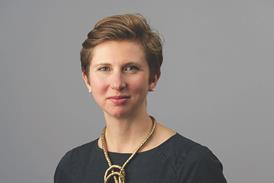









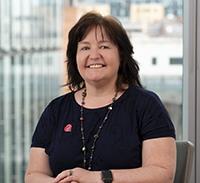











2 Readers' comments